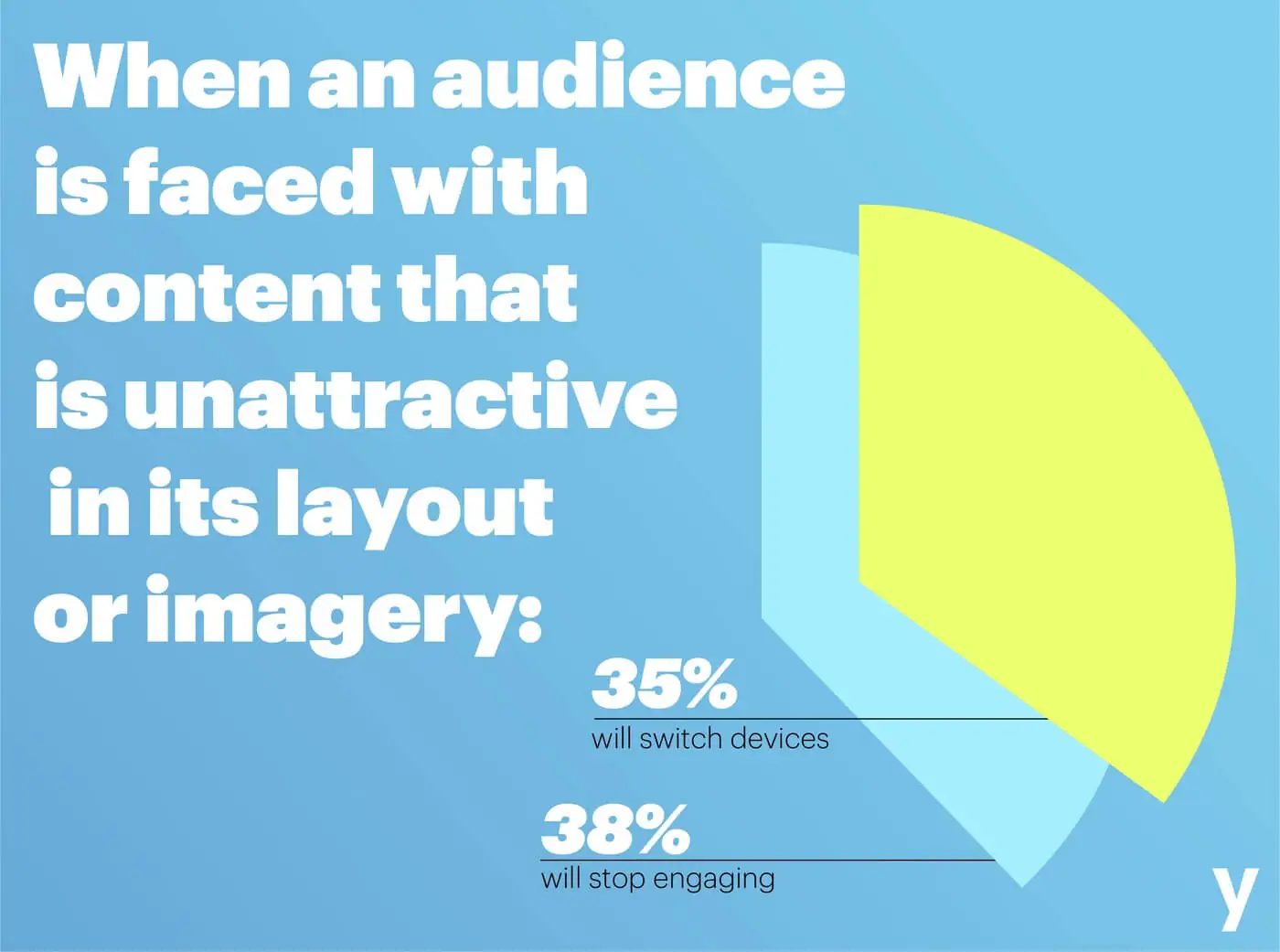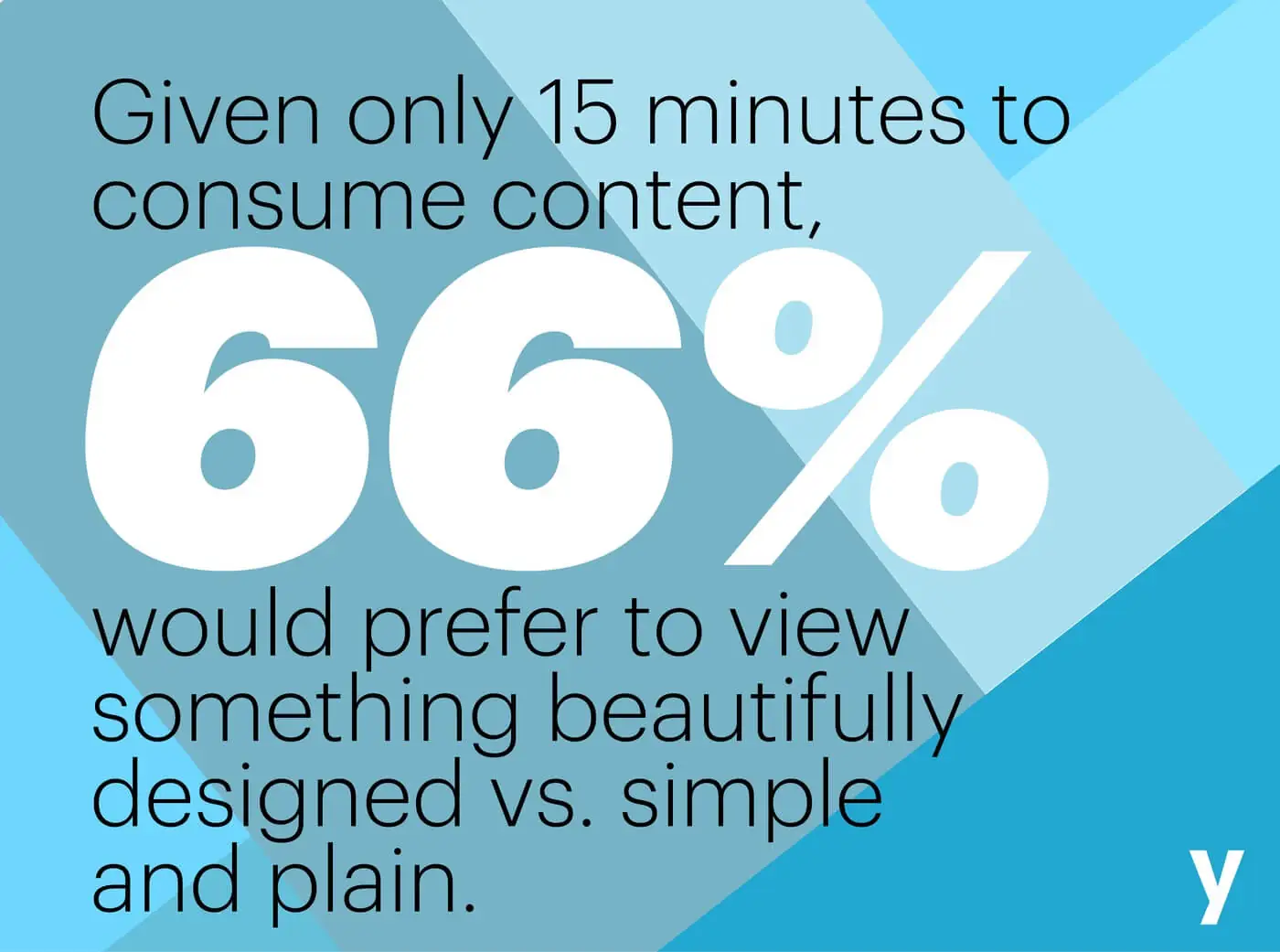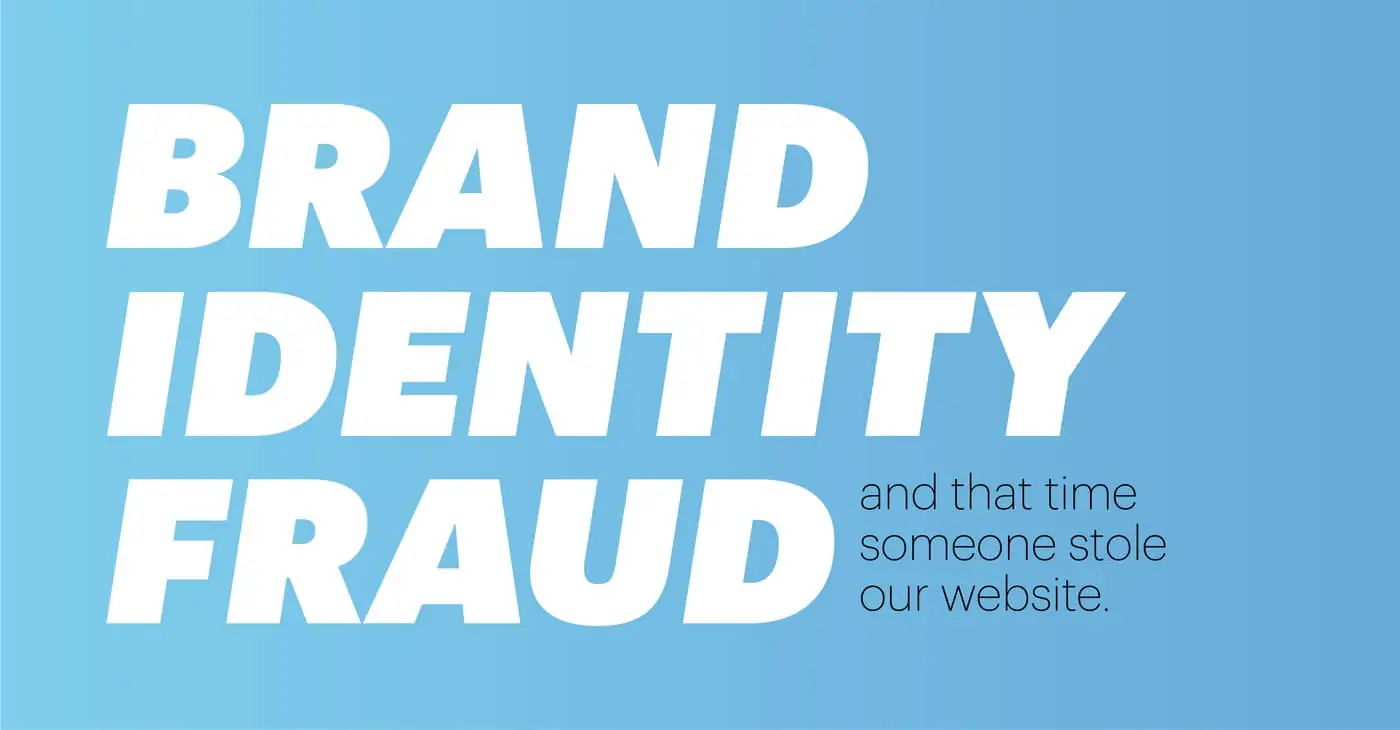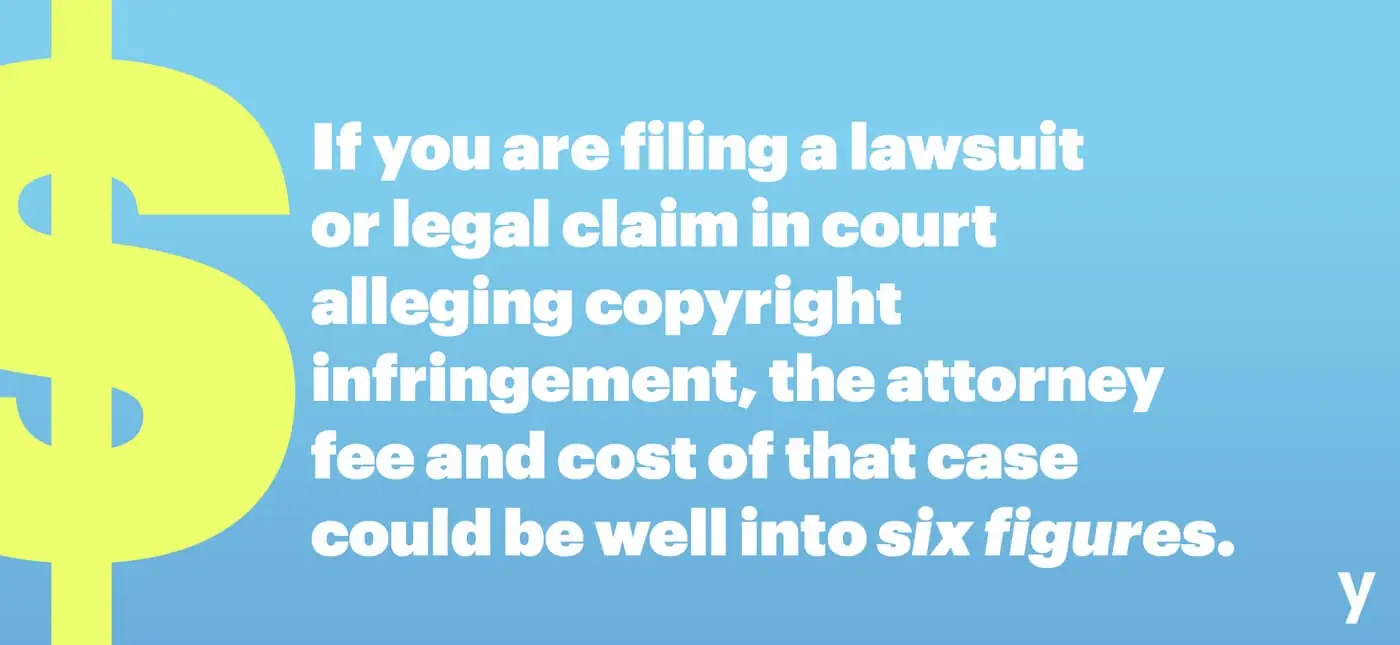 In a digital age filled with the endless bounds of the internet, there are hundreds of thousands of websites and pages the average user will never see. However, each and every web page goes through a process to be set up, developed, designed, and tested before it ever reaches the consumers that will see it. In fact, the average website project takes between 12–16 weeks, but some can take upwards of six months or longer. Companies, organizations, and agencies alike are striving to create visually appealing content that will attract and retain viewers. After months and months of an intense workload, nothing feels better than the moment the site is up and live; and nothing feels worse when one see’s the exact same website illegally copied on some other side of the internet.
In a digital age filled with the endless bounds of the internet, there are hundreds of thousands of websites and pages the average user will never see. However, each and every web page goes through a process to be set up, developed, designed, and tested before it ever reaches the consumers that will see it. In fact, the average website project takes between 12–16 weeks, but some can take upwards of six months or longer. Companies, organizations, and agencies alike are striving to create visually appealing content that will attract and retain viewers. After months and months of an intense workload, nothing feels better than the moment the site is up and live; and nothing feels worse when one see’s the exact same website illegally copied on some other side of the internet.
Unfortunately, this is a very real thing: something many in the digital workforce are having to confront with a rise in the ease of information surrounding the internet. However, someone stealing your work isn’t necessarily doing it out of harm. There’s a wide variety of reasons a person may do something like this with the most common being that they just didn’t know what they were doing was wrong. While it’s understood that in a court of law, ignorance doesn’t justify crimes, it is an honest mistake many people are guilty of.
We’re not here to discuss how to prevent brand identity fraud because we’re the masters of it. In fact, we were the victims of theft a few months back that resulted in a wide range of emotions from shock to frustration to defeat. However, we were able to handle the situation and had it resolved relatively quickly. We know that we’re not alone and we’re here to discuss what happened to us and how to ensure that it doesn’t happen to others like us.
An Emotional Rollercoaster
 Anyone who has ever built a website understands the amount of time, effort, and resources that go into making it launch and run smoothly. When one spends as much time as we did on a site, you begin to take such immense pride in what you’ve created, especially when it is a site representing you. We spent months upon months of research, data collection, design, and execution to get our site to where it is now, and we couldn’t be more proud of the tribe and the way they came together to make it happen. When building a website, we understand the importance of providing beautifully designed content, which is why we put so much time into our own site.
Anyone who has ever built a website understands the amount of time, effort, and resources that go into making it launch and run smoothly. When one spends as much time as we did on a site, you begin to take such immense pride in what you’ve created, especially when it is a site representing you. We spent months upon months of research, data collection, design, and execution to get our site to where it is now, and we couldn’t be more proud of the tribe and the way they came together to make it happen. When building a website, we understand the importance of providing beautifully designed content, which is why we put so much time into our own site.
We discovered that our website had been stolen when we were doing routine SEO checks for duplicate content. We stumbled across a site that was a carbon copy of ours: down to the photos, content, and even our work. The only differences were of course the contact page, and the “tribe” page which featured photos of their team instead of the team that actually built the site.
The initial reaction was shock and disappointment: a natural response to a situation such as this. We felt defeated; after spending months putting our heart, soul, and purpose into a creative project, we had been ripped off most likely with the push of a button or the use of an automated web scraper. It’s often said that imitation is the most intimate form of flattery: someone had appreciated the content we produced and felt as if we were a good example of what they wanted their site to look like. Of course, this was still inexcusable, but it was an emotion that still went through our heads.
Our Results
We knew we had a couple of legal actions regarding steps we could have taken. Fortunately, we were able to contact the company that stole our site and they were swift to remove it. This isn’t always the case for most individuals: in fact, the initial reaction is to spout off a strongly worded email accusing the culprit of copyright infringement and so on. As mentioned before, most individuals don’t even realize what they’re doing is illegal. While this wasn’t the case for us, especially when our work and photos had been stolen as well, it’s a common instance in a digital age where many people believe that content posted on the internet is “fair game.”
Sending an angry and accusing email to the site owner can backfire in several different ways. Making sure you express what it appears they did while also providing legal basis to your email (i.e. Cease & Desist, DMCA Take Down, etc.) is going to ensure that you have a strong case against the individual should it escalate to legal action.
First Steps and Taking Action
It’s important to understand that more often than not the situation can be handled through contacting the company who stole your content. The reason for this is the same reason your company may shudder at the thought of a legal battle: legal issues are costly and waste a lot of time which means the company will most likely willingly take the content down without much persuasion. In fact, the average cost of a copyright infringement claim in court along with the attorney fees could be well over six figures.
Of course, this isn’t alway the case and further legal action may be required. Utilizing anything from lawyers to legal copyright to the Digital Millennium Copyright Act (DMCA) are always within your range of options. While taking legal action isn’t ideal, protecting and securing your content is always a top priority.
However, one of the most important thing we can recommend is ensuring that your site or content is registered with the U.S. Copyright Office. While stating a copyright at the bottom of your site is often enough, a strongly worded email to the wrong person may be knowledgeable enough to check on this record, and file a legal copyright before you.
We’re not writing this because we’re experts on cybersecurity and copyright infringement. We’re writing this as an honest approach to a very real instance that has happened to us and many others in the digital world. By ensuring one is prepared for situations such as this and by maintaining routine web checks, we hope to provide companies both new and old with an awareness of a consequence that comes with the free use of information available to us on the internet.





